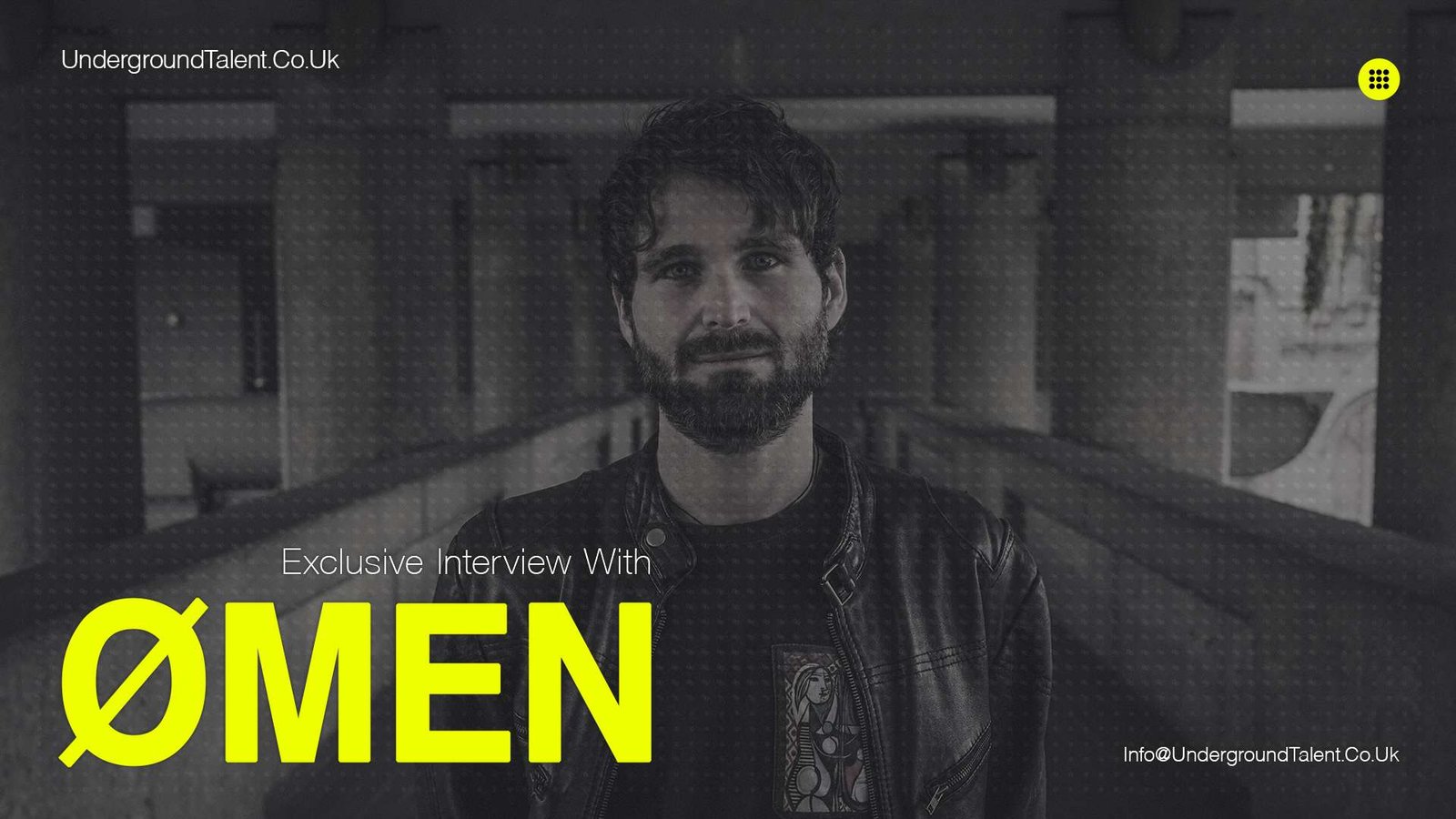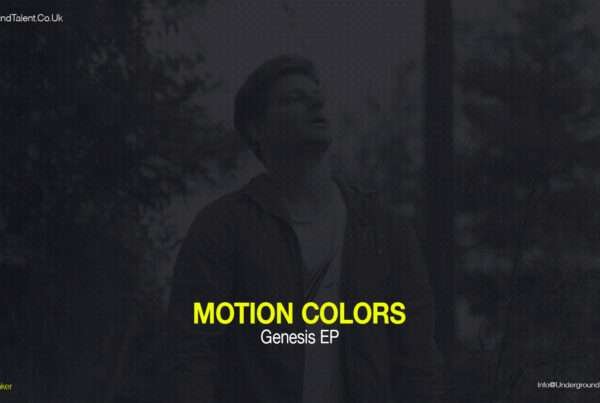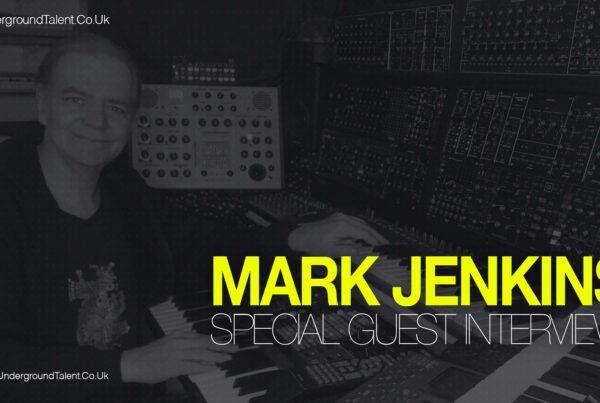Ømen: Exclusive Interview With the Techno Artist From the London-Based ‘Mass’ Project.
Who Is Ømen?
Ømen is a French/Italian producer & DJ, co-founder & resident at the London- based techno event/label MASS. With a passion for the darker shades of techno, rave music, & their various sub-genres; his sound tends to depict a raw & aggressive undertone while contrasting this with melodies, and a melancholic feel.
While his musical influences span across a range of different genres & cultural influences, he often incorporates hard kicks with a driving acid bassline, rave-infused stabs, rhythmic chanting, & various industrial percussive elements.
Click Here to Check Out More Interviews by Underground Talent.
Ømen’s Guestmix @ Platz für Tanz
The Interview With Ømen
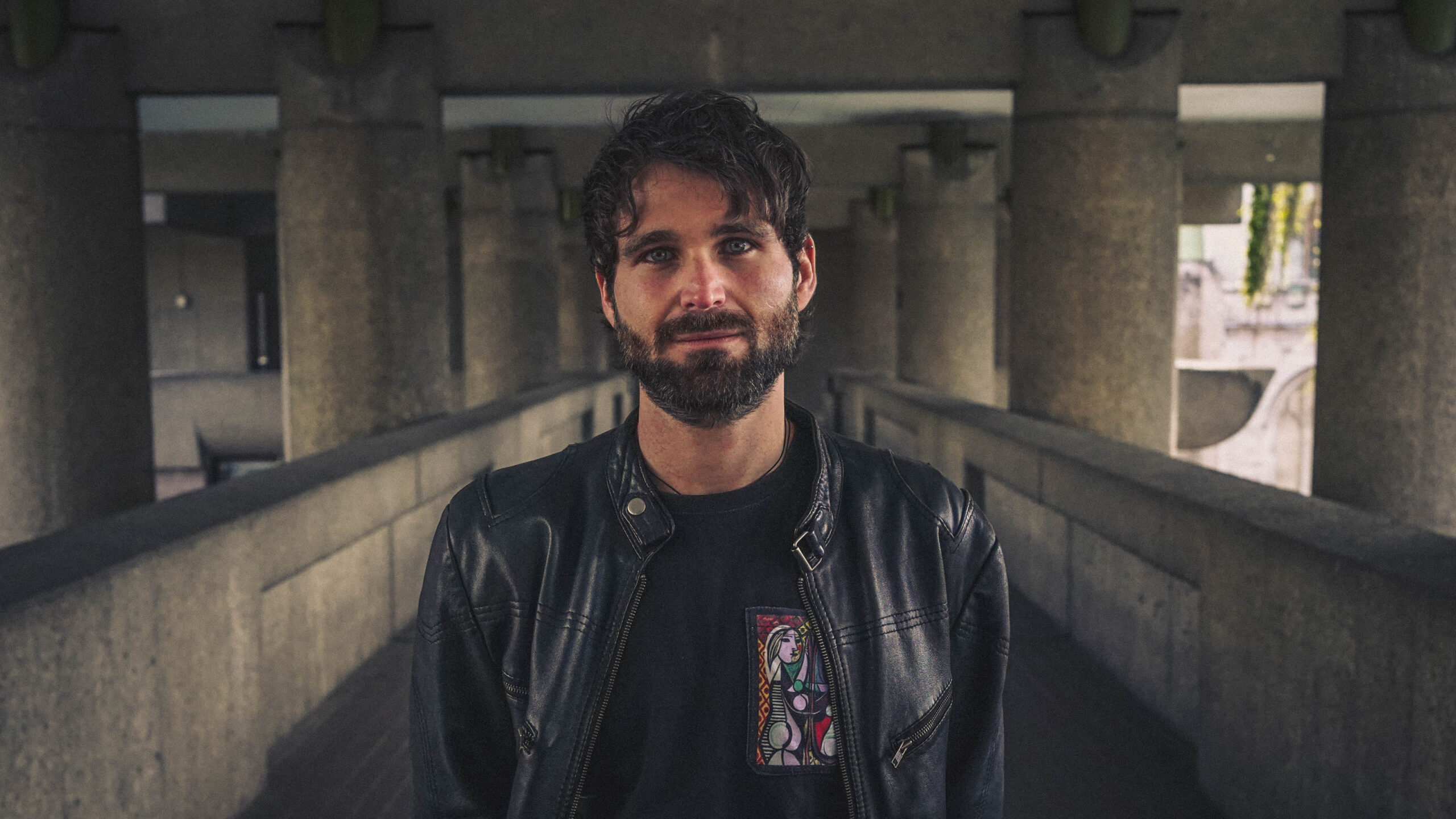
Ømen
How did you start? What made you DJ?
I have always dabbled in music generally and it has been a clear passion of mine since my early childhood. I started off my musical career as a drummer playing in various bands, spanning from two metal bands, an alternative psychedelic rock band, to also playing in a blues and funk band. Electronic music and raving have always been a keen interest of mine since my early teens and after moving to London and exploring the underground scenes in depth, I knew it was my calling.
What brought me into the scene more tangibly and to start djing was meeting Clement aka. Cathédral. We bonded over our collective love of music and eventually decided to transform our passion and vision of electronic music into creating the project now known as ‘MASS’.
I was already producing music at the time and my main focus was around improving that skill set, but once I realized the value of djing as a means of improving my knowledge and understanding of music production and as another tool to express my creativity to an audience, I decided to take on the new challenge with the initial support and mentoring of Clement who had been djing for some time. It felt like a natural way to express my varied and eclectic musical taste with the aim of transmitting that energy and joy to a crowd.
What attracted you to the electronic music industry?
The freedom, open-minded & cutting-edge side to the scene. I feel over the years music has become overly predictable and commercialized. The underground techno scene in particular is one of the only scenes where I still occasionally find myself leaving a gig with my mouth wide open.
Where artists try something new and try to challenge conventional sounds, irrespective of how ‘strange’ or ‘weird’ it may be. As someone who grew up listening to a lot of psychedelic rock, I love the unpredictable & ‘out of the box’ musical thinking. Although it feels that the commercialization of music is slowly creeping into the scene, I still feel that there is a vast array of artists trying to challenge social conventions while testing and pushing artistic boundaries.
What draws you to and what made you begin a career specifically in Techno?
Techno as a musical genre is very geared around rhythm & energy. As someone who came from a drumming background with a focus on rock & metal, it was a natural transition into techno as I felt that it provided me with a similar intensity, raw energy, and drive to the previously mentioned genres.
The rhythmic nature of techno is also a big draw. I often would find myself at raves imagining how I would play certain tracks on a drum kit, as many of the sounds and rhythms would heavily correspond to drumming patterns with increased levels of distortion and processing on the sound.
Another important aspect that drew me even deeper into the techno scene was the sense of community and the scene itself. I see techno as fairly akin to other counter-culture scenes, for example, a modern version of the 80s punk scene. A place for people with alternative views and perspectives on the world to congregate, discuss, push limits, and challenge the status quo. I was drawn to how open-minded, generally socially leaning, and how accepting the scene would be.
It was a place where music matters most and where your background, identity, sexuality, race, religion, etc., would not make you feel unwelcomed. I always felt like an outsider growing up and finally finding a place where I could feel accepted was a fantastic feeling. The one gluing factor was a deep seeded passion for the music itself, for the freedom associated with it, and for general respect toward others in the scene.
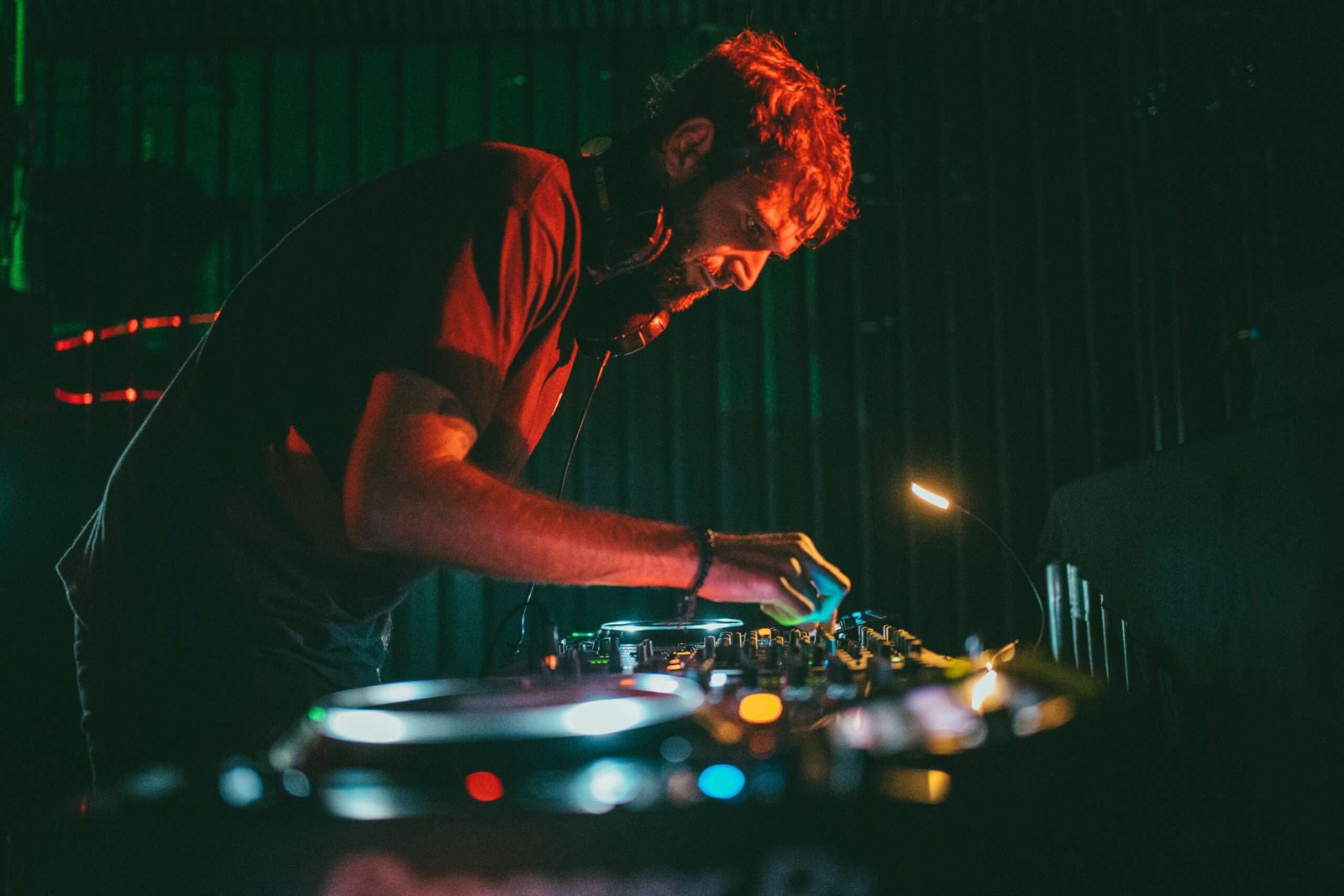
Ømen
Why do you love Djing? Can you describe what makes a good DJ?
For me, djing is the art form of reading and transmitting ‘positive’ energy towards the crowd that you’re honored to play in front of. It is a big responsibility that you hold at that moment, as you are dictating to a large extent the direction of travel of people’s moods and collectively shared experiences. I love djing because of the way that music makes me and others feel. Sharing that love with a crowd is such a beautiful and special experience.
I always approach my sets with an open mind while seeing them through the lens of telling a story. This is similar to how I approach music production; aiming to share something personal about me as expressed through my music and sonic decisions while taking the audience through a musical and emotional journey that is hopefully collectively
shared across the dance floor. By exploring and drawing upon the depths of the various ranges of human emotions including but not limited to feelings such as pain, love, lust, melancholy, sadness, and ecstasy. Underpinning the story is a continuous focus and emphasis on driving and relentless energy!
What makes you decide to play a particular track during one of your sets? Is there a criterion for selecting what to play at a gig?
For me, the main element is how it makes me feel. Emotion tends to be my main consideration when selecting tracks but also take into consideration its driving energy, quality of production, and whether it has something special to it. I’m also thinking about how the various tracks and their elements help me to tell the story that I am aiming to tell. As with all stories, there are moments that are more intense, more introspective, more dramatic, with various ups and downs, surprises and curve balls. I also always try to seek out music that speaks to me personally and is something niche and original.
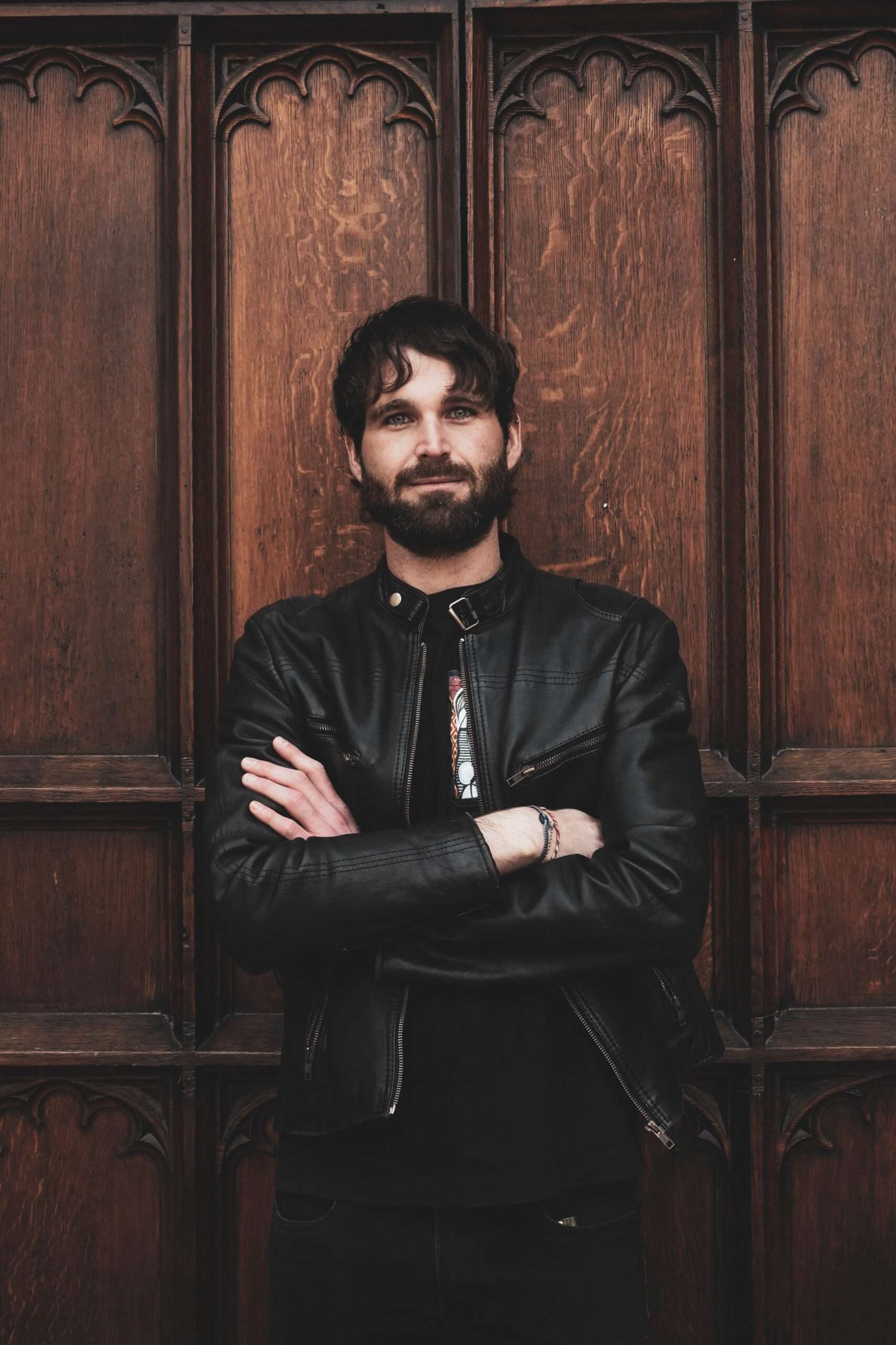
Ømen
How important is practicing for achieving your goals?
As the saying goes, ‘practice makes perfect’. As someone with a psychology background, I do appreciate individual differences in terms of creativity levels and other favorable factors that may help someone become a naturally skilled musician. However, it has been clear throughout my musical experience that dedication and practice make a clear difference.
Read Also: Rangel Coelho | Raw, Peak & Hard Techno
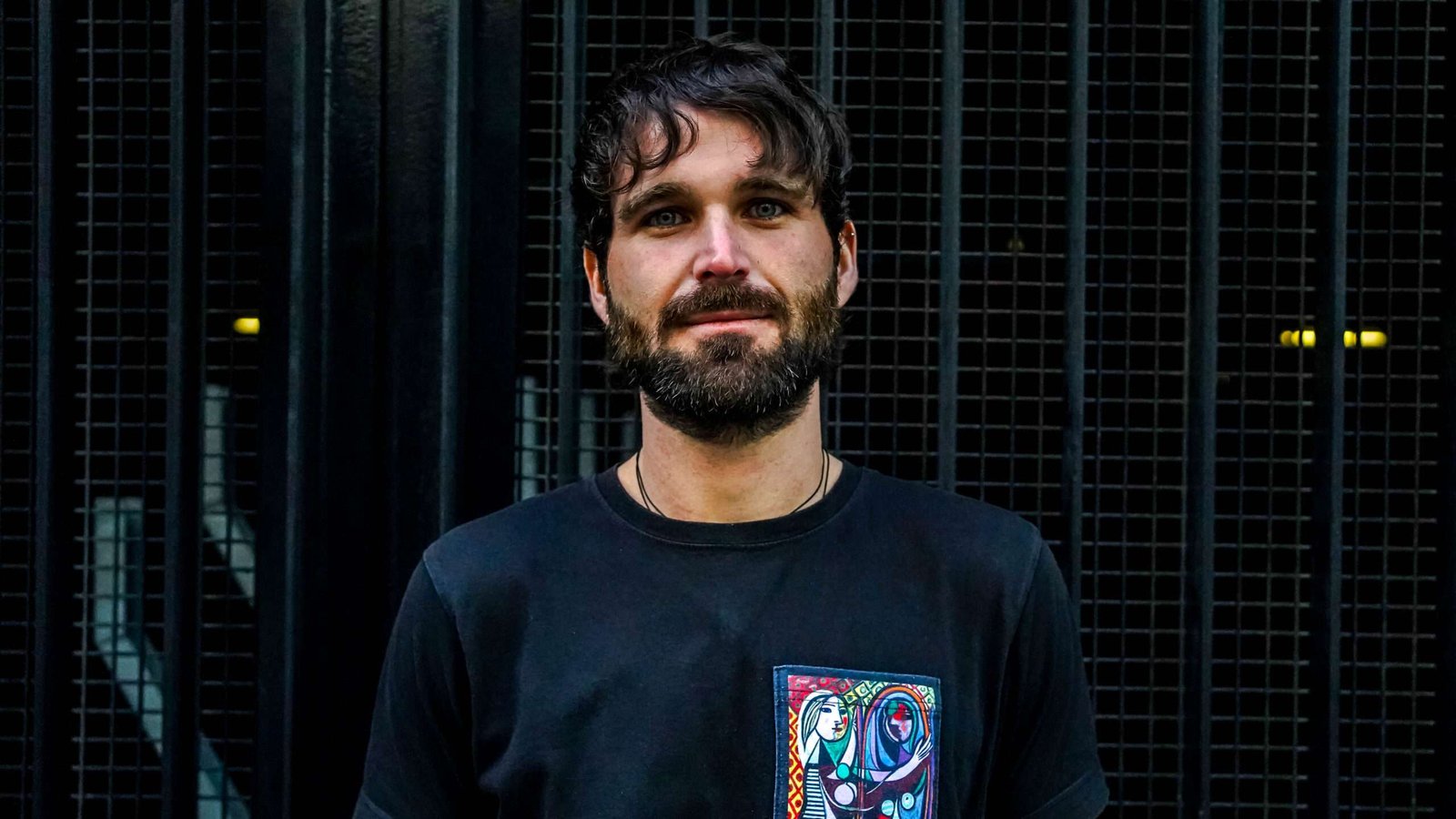
Ømen
How do you handle your mistakes when you perform? Did you ever have any trouble managing them?
As a drummer, mistakes are part of the game. I found that the key is not to overreact and to carry on as if nothing happened. Most of the time, minor mistakes are overlooked or quickly forgotten. It is important not to lose focus and to keep your mind on the main task at hand rather than get distracted by a small mistake.
Saying that I do appreciate that when it happens my stomach feels like it is being turned upside down and I am flooded with embarrassment and self-doubt. As the lovely British love to say, ‘Keep Calm and Carry On!’.
How did you start making your own tracks? What led you to electronic music production?
Music has always been an incredibly important part of my life for as long as I can remember. After moving to the UK to pursue my academic studies and then focusing on a more conventional career path, I unfortunately no longer found the time to continue playing drums. At the same time, I was exploring the UK’s notorious underground dance music scene both up north and eventually down south too once I moved to London to do my masters.
I started to feel a deep desire to reconnect with music as a means of exploring and expressing my underlying creative nature. I impulsively purchased a copy of Ableton and started playing around making various sounds with my keyboard for fun. I initially avoided watching tutorials and went purely with my gut feeling and via trial and error.
After dipping my toe in music production and finding that I could lose days over it, I eventually decided to take it more seriously and dedicated space and time to learning. One of the practical things I did was to enroll in the accelerator program with ‘Home Of Sound’ in order to gain some professional guidance and insights into how to produce music.
Read Also: How To Learn Electronic Music Production | 12 Tips By Lex Bunker

Ømen
What inspires you to make music? What are you trying to express?
Simple: My emotions – my sadness and pain, but also counterbalanced by expressing some of the brighter and happier moments too. I feel my tracks are a snapshot reflection of a moment in time.
I don’t approach production with a particular vision, I tend to go with the flow and let my feelings guide me.
How do you see the relevant importance of DJ and music production?
I feel that starting to DJ, which came after music production for me, allowed me to understand music from a different lens. In particular, I feel it impacted the way I approach my track arrangements as I became more accustomed to what DJs seek when playing tracks.
It was also interesting to explore how different songs and sounds interlink when aiming to tell that story, again having a positive impact on the way I approach my tracks since learning how to DJ. I would recommend artists that who exclusively focus on one of the two forms explore the other as a means of up-skilling and developing further insights into how they interact.
What release are you most proud of so far, and what projects are you currently working on?
So far, I would have to say two of my most proud releases are my release on the Dutch label Märked & my other being my recent EP release on the German label COUP.
I feel both labels have played an important and distinct role in shaping my sound as a DJ and therefore having the opportunity to release my own productions on these labels truly was a highlight for me.
I am currently working on some new material including my contribution to the upcoming MASS VA.
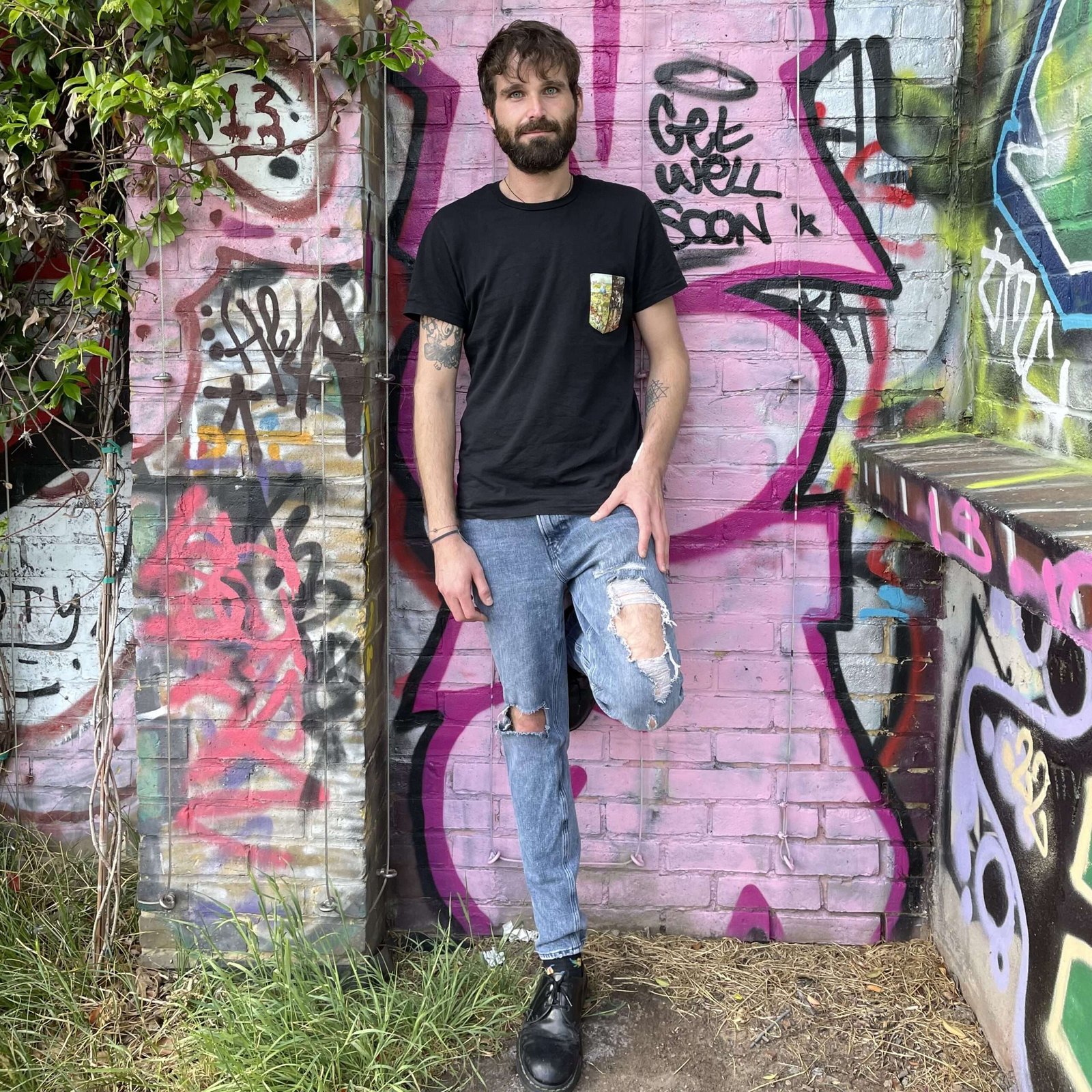
Ømen
Do you have any recommendations for your work for people to check out?
Follow my various music and social media accounts where I regularly share my latest work.
I generally tend to share my music via my SoundCloud channel, whereas gigs I tend to announce more via RA, Instagram, and Facebook.
How do you feel the Internet has impacted the music business? What do you think about online music sharing? Do you ever give your music away for free?
I feel that the internet has clearly improved our accessibility and broken down physical barriers. It’s one of the geeky things I enjoy doing most – searching through the corners of the internet for small producers from all over the world offering something new and original.
Another big change is that it has made it more accessible, democratized music, and it has cut out the traditional gatekeepers. You no longer need a label or an agency to push your sound to an audience, which has its pros and cons of course. But I appreciate that it has made production and promotion more accessible to the masses. Regarding giving my music for free, of course! Share the love!
Don’t Miss: Ortus | Special Guest Interview
If you could change anything about the electronic music industry, what would it be?
It feels that the corporate business model has permeated into the scene and is slowly shifting the emphasis of community, creativity, and originality towards predictable sales models aiming to sensationalize and create profits. At times it feels that some big labels or promoters are seeking a ‘product’ that they know will sell rather than focusing on what I feel should truly matter, the artistic contribution to the scene and their musical talent.
I just hope it doesn’t kill the creativity and originality of the scene by making it harder for smaller artists to pierce and gain exposure, while always betting on the ‘safe’ bets that they know will sell instead. This is similar to what happened in many other scenes, just look at the state of popular music nowadays – predictable and it all sounds incredibly bland and the same.
I would aim and hope to keep the underground values, community spirit, and culture associated with the scene and scrap the hyper-commercialization that focuses more on followers, appearance, and fashion trends over musical skills and talents.
Any advice to aspiring artists beginning their journey in the underground electronic music industry?
Speaking to many upcoming artists, I feel you can be your own worst enemy.
Challenge all of these internal self-limiting beliefs and appreciate that perfection is unattainable. Keep making music, follow your passion, work hard to develop into an artist that you can be proud of, and enjoy the process of the continuous journey!
Any message you would give to your fans?
A deep and sincere heartfelt thank you for your overwhelming love and support. My journey would be nothing without you and I am eternally grateful for all of your love and support.
Sending you lots of love in return and hope and look forward to seeing you soon on the dance floor!
Ømen: Free Downloads
Listen & Follow Ømen On:
Follow MASS On:

